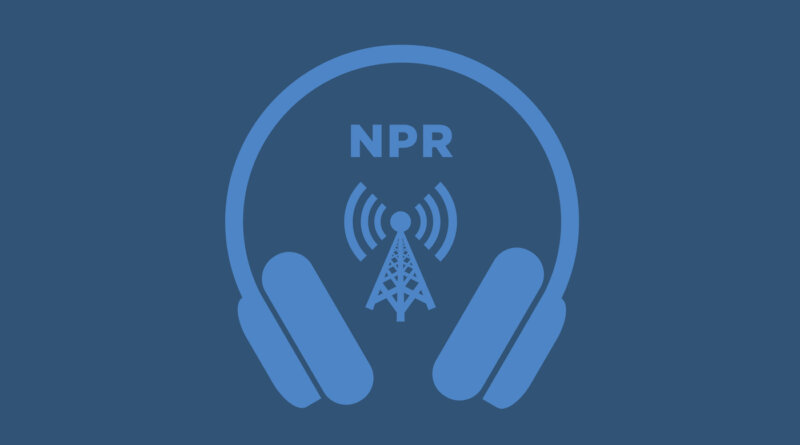Amid concerns of animal cruelty, HelloFresh will no longer source coconuts from Thailand : NPR
Meal kit company HelloFresh said they will no longer source Thai coconuts over concerns that monkeys are being abused in sourcing the ingredient.
AYESHA RASCOE, HOST:
Monkeys are clever animals and can be taught a lot of things, including, it seems, how to work. But an animal rights group says they’re being put to work under terrible conditions. PETA says pig-tailed macaques in Thailand are being forced to pick coconuts for the production of coconut milk. The Thai government says it’s creating a program for picking coconuts that excludes monkeys. But for now, meal kit company HelloFresh says it will stop selling coconut milk sourced from that country. To start with, picking coconuts is not a thing that the monkeys would do.
VINCENT NIJMAN: Pig-tailed macaques naturally would not pick coconuts. They can’t eat coconuts. They’re too big. They’re too hard.
RASCOE: That’s Vincent Nijman. He’s a professor of anthropology at Oxford Brookes University in the U.K. He studies primate conservation and welfare. Nijman says these monkeys are also kept in very difficult conditions.
NIJMAN: Another thing to remember is that we are talking about a single male macaque on a leash going up 20 meters high up in a tree. In a normal setting, that macaque would be living in a group of 15, 20 other macaques in the forest. So in that sense, it’s a very unnatural setting, as well.
RASCOE: Thailand has been raising and training these monkeys to pick coconuts for around 400 years. Nijman says that while it’s common to domesticate some animals for labor, these monkeys remain wild, and they’re part of a small group of other wild animals also used for work.
NIJMAN: So the wild animals I can think of are, say, falcons used in falconry. There are some examples of cormorant fishing in Asia where cormorants fish in lakes, and fishermen make use of that. And perhaps another thing – what you could think of is animals being used in entertainment shows.
RASCOE: Like in circuses, which do not have the best track record.
NIJMAN: I think the main problem is that people should realize that macaques should not be kept as pets or kept as working companions. That’s where it starts.
RASCOE: HelloFresh says it made its decision out of an abundance of caution, but Nijman says companies still have more to do.
NIJMAN: I would actually like them to step up and see – rather than stepping away, see if we can find a solution because these macaques are still there.
RASCOE: That was Vincent Nijman, professor of anthropology and primate researcher at Oxford Brookes University.
(SOUNDBITE OF MUSIC)
Copyright © 2023 NPR. All rights reserved. Visit our website terms of use and permissions pages at www.npr.org for further information.
NPR transcripts are created on a rush deadline by an NPR contractor. This text may not be in its final form and may be updated or revised in the future. Accuracy and availability may vary. The authoritative record of NPR’s programming is the audio record.




